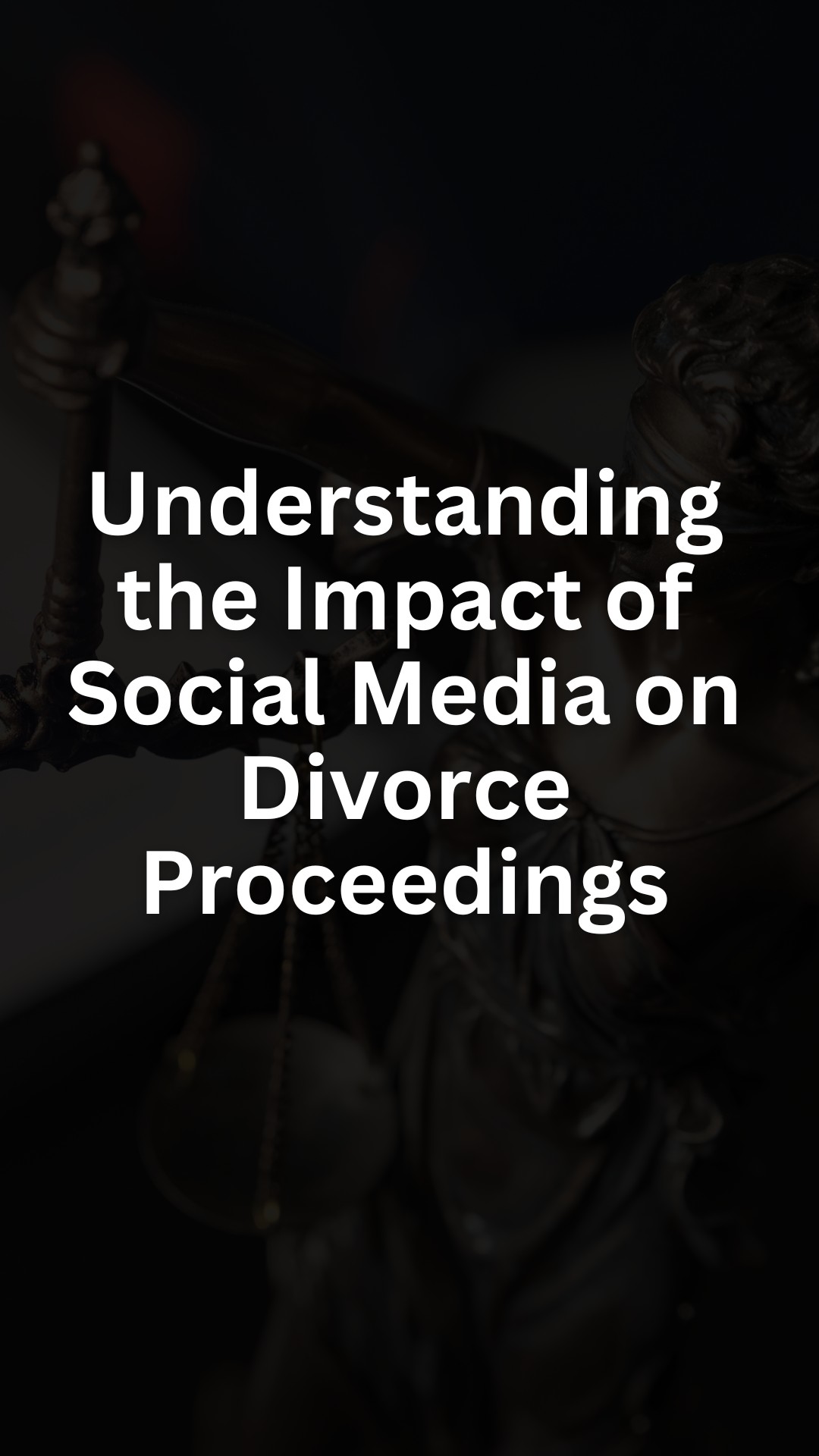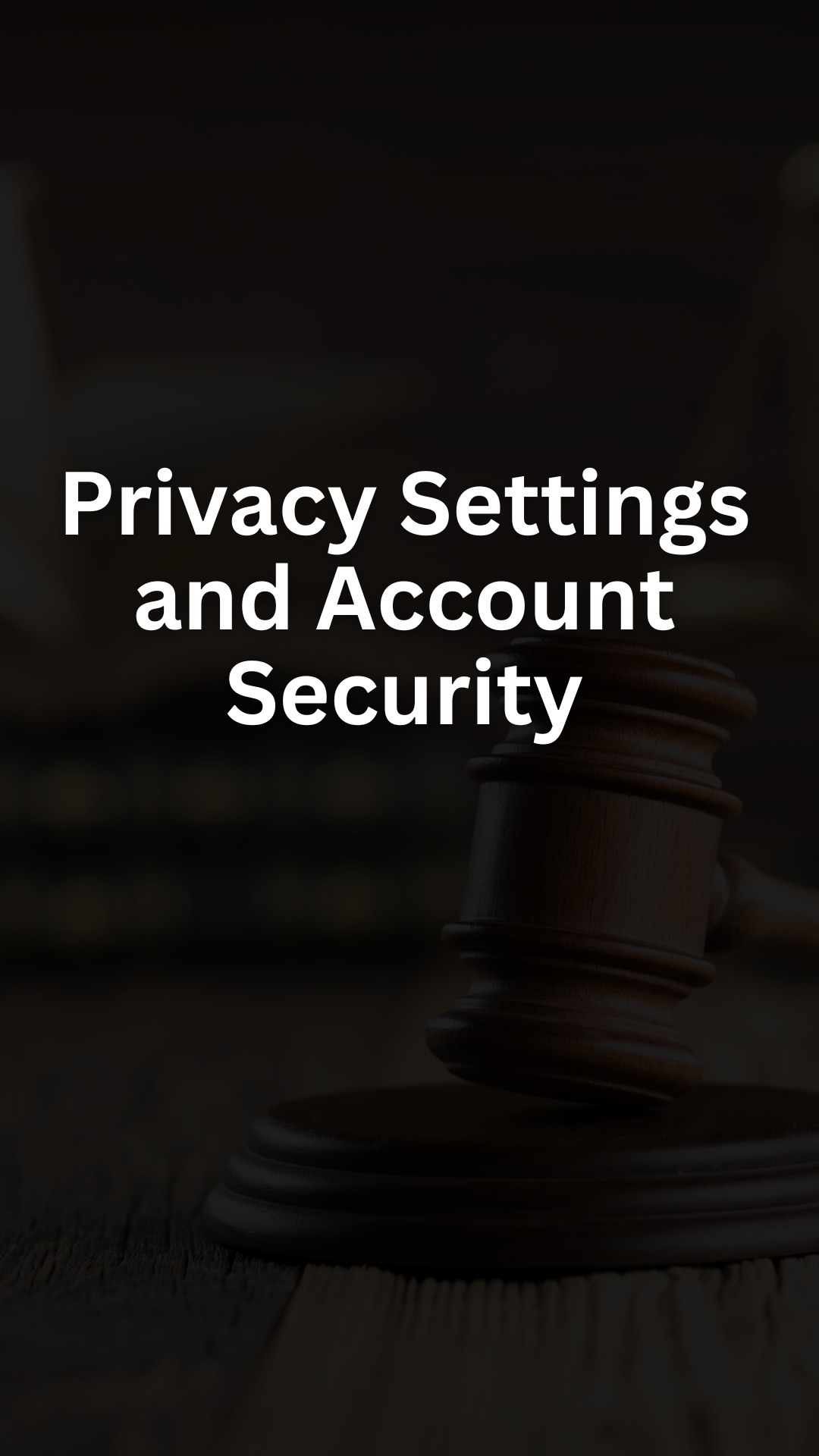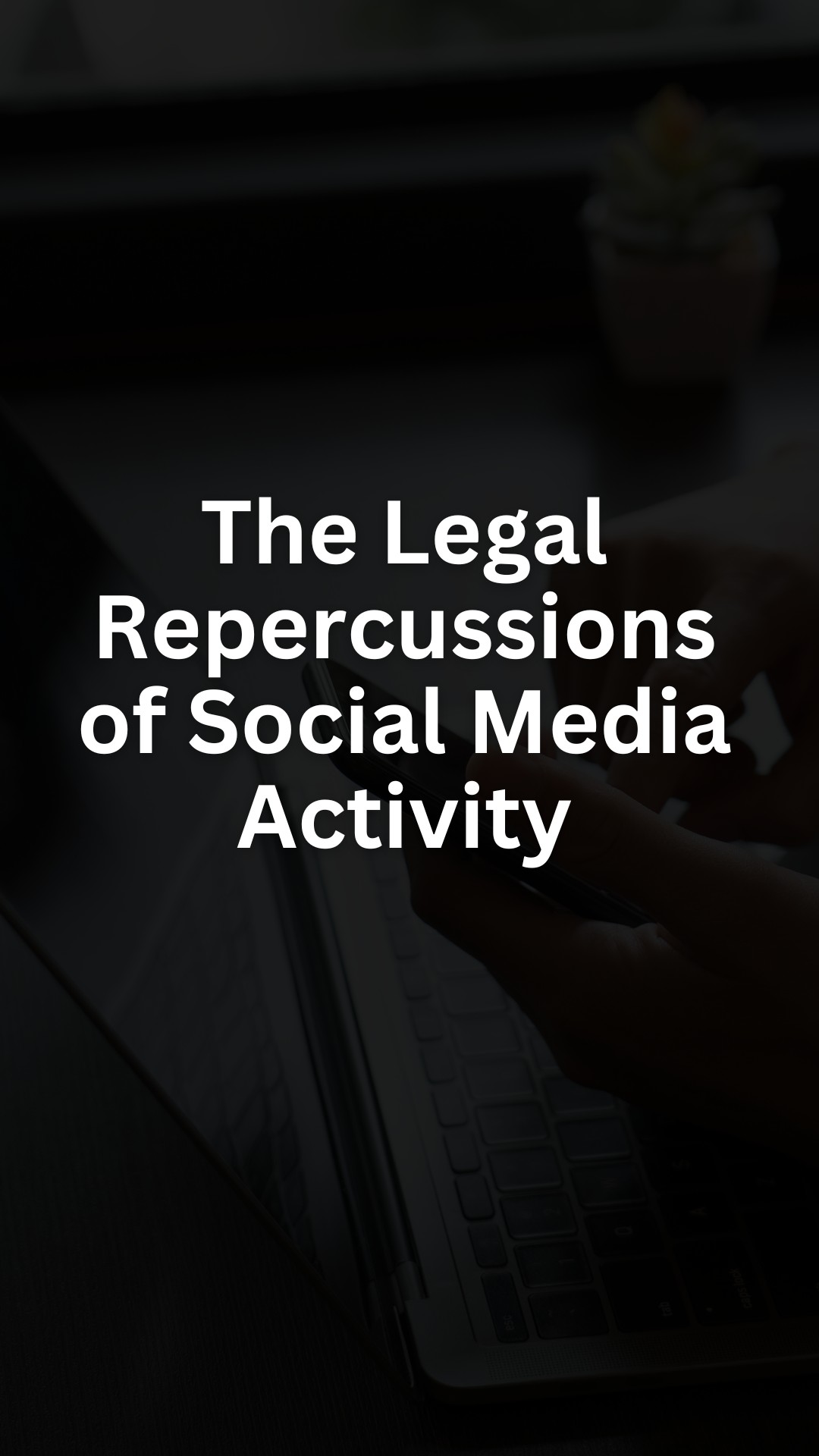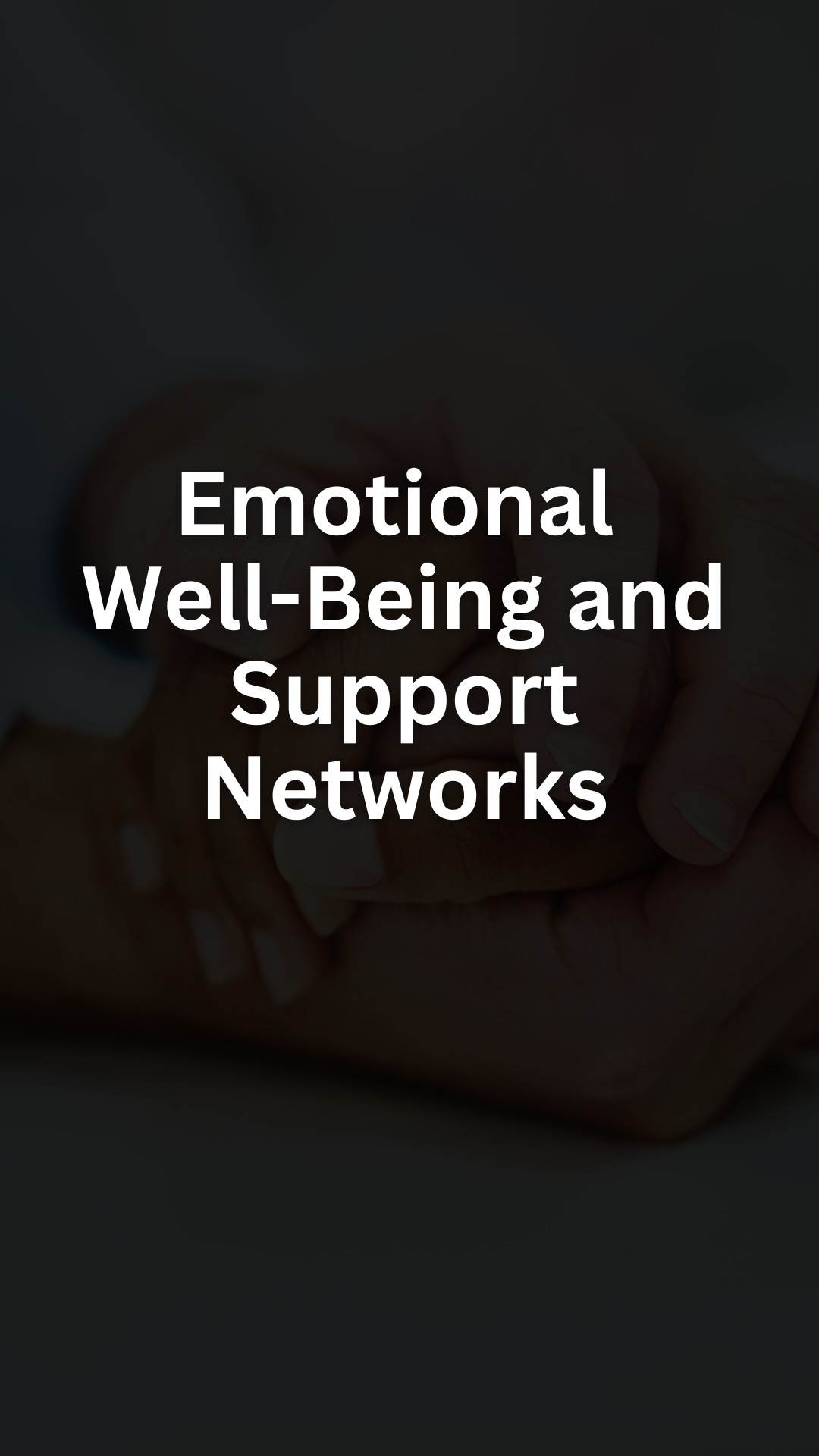Going through a divorce is tough, and managing your social media can make it even harder. You might want to share your feelings online, but this can cause more harm than good.
Keeping your private life off social media during this time is crucial.
You should avoid posting about the divorce or your ex-spouse. Not only can this create more stress, but it can also be used against you in court.
Think twice before sharing updates or engaging in drama online.
Consider taking a social media break if needed. This can help you avoid saying something you’ll regret and give you space to focus on yourself.
Remember, protecting your privacy now can save you a lot of trouble later.
Understanding the Impact of Social Media on Divorce Proceedings

Social media can play a big role in divorce proceedings. What you post online can be brought up in court.
Be very careful about what you share.
Photos, messages, and comments can be used as evidence. These can show how you spend your time and who you spend it with.
Lawyers may look at your social media to find information. This is true for both your posts and those from friends and family.
Even deleted posts can sometimes be recovered.
Always think before posting anything that might come back to harm you in court.
Social media can affect child custody and alimony decisions. For example, if you post pictures of expensive vacations, it may raise questions about your financial claims.
Use privacy settings to limit who can see your posts. However, remember that nothing is ever completely private.
Privacy Settings and Account Security

During a divorce, it is important to adjust your social media privacy settings and secure your accounts to protect your personal information.
Adjusting Privacy Settings
Make sure only trusted friends can see your posts.
Go to the privacy settings on each social media platform and set your account to “private” if possible.
Limit who can send you friend requests, and review your friend list to remove anyone who might cause problems.
Check the visibility of your past posts. Most platforms allow you to change the visibility settings on older posts.
Use this feature to make past posts private or visible only to close friends.
Always review tagged photos and posts where you are mentioned. You can remove tags or request that posts with your tag be taken down.
Secure Your Accounts and Passwords
Use strong, unique passwords for all your accounts. Avoid using easily guessed passwords like birthdays or names.
Enable two-factor authentication (2FA) to add an extra layer of security.
With 2FA, you’ll receive a code on your phone or email to log in, making it harder for others to access your account.
Sometimes passwords are shared in relationships, but during a divorce, it is smart to change all your passwords. This includes not just social media but also email and other important accounts.
Be cautious about what you share on your social media accounts, even with close friends, to avoid information leaks.
Deciding What to Share and What to Keep Private

During a divorce, it’s important to think carefully about what you post on social media. Your posts can be used in court, so it’s vital to be cautious.
What to Share
- Positive Moments: Share uplifting and neutral updates.
- Support Requests: Reach out for support from close friends or family.
- Non-Personal Content: Post general updates that don’t reveal much about your personal life.
What to Keep Private
- Details About the Divorce: Avoid sharing specifics of the proceedings.
- Negative Feelings: Refrain from posting about anger or frustrations related to your ex-spouse.
- Legal Matters: Keep information about settlements and custody arrangements off social media.
Why It Matters
- Legal Implications: Your posts can be used as evidence.
- Privacy Respect: Both parties deserve privacy during this tough time.
- Emotional Well-being: Negative posts can increase stress and conflict.
Best Practices
- Review Before Posting: Think twice about how a post might be perceived.
- Limit Access: Use privacy settings to control who sees your posts.
- Stay Neutral: Aim for neutral, non-controversial content to avoid escalating conflicts.
The Legal Repercussions of Social Media Activity

Social media can significantly affect the outcome of a divorce. What you post, share, and even what others post can be used as evidence, influence child custody decisions, and involve legal professionals.
Evidence in Court
Posts, photos, and comments on your social media profiles can be used as evidence during divorce proceedings.
For instance, a picture of you on an expensive vacation might be used to prove hidden assets or spending habits. Even seemingly harmless posts can be twisted to undermine your credibility or claims.
Deleting or altering posts can be seen as tampering with evidence, which could worsen your legal standing.
Courts often view social media activity just like any other type of evidence, so it’s wise to be cautious about what you share.
Implications for Child Custody
Social media activity can also impact child custody arrangements.
For example, posts showing irresponsible behavior, like partying or substance abuse, can be brought up in court to argue that you’re unfit to care for your child. Even posts that criticize your ex-spouse or involve your child in disputes may be used against you.
Family courts aim to decide what’s best for the child, and your social media activity can significantly influence this decision.
Always think about how your posts could be interpreted in a legal setting when you share online.
Involvement of Legal Professionals
Lawyers on both sides often scrutinize social media for useful information.
Your attorney might advise you to adjust your privacy settings or even temporarily deactivate accounts. They could also help you understand what not to post to avoid any negative repercussions.
On the flip side, opposing counsel could use your social media activity to build a case against you.
It’s essential to stay aware and consult your legal team before making any significant changes to your social media presence.
Tips for Positive Social Media Use During Divorce

Think Before You Post: Always take a moment to consider the impact of your post. If you’re angry or upset, it’s best not to share. Social media posts can be permanent and may be used in legal settings.
Limit Negative Comments: Avoid badmouthing your ex-spouse or sharing personal details about the divorce. Keeping your comments positive or neutral helps prevent conflicts and protects your privacy.
Set Boundaries: Decide what you’re comfortable sharing. Let friends and family know your boundaries. This helps avoid unwanted advice or comments that could upset you.
Use Privacy Settings: Make sure to review and update your privacy settings. Restrict who can see your posts, so only trusted friends and family have access to your updates.
Seek Support Groups: Look for online support groups for people going through a divorce. These communities can offer comfort and advice, helping you feel less alone.
Stay Positive: Share uplifting content about your life, hobbies, or achievements. Focusing on the positive aspects of your life can help you stay grounded and reduce stress.
Avoid Oversharing: Limit how much you share about your private life. Keeping some things to yourself can help maintain your personal space and emotional well-being.
Pause and Reflect: If you’re unsure about posting something, pause and reflect. Taking a break before hitting “post” can save you from sharing something you might regret later.
Emotional Well-Being and Support Networks

During a divorce, handling your emotional well-being is crucial. Equally important is leveraging your support networks to manage stress and maintain balance.
Dealing with Emotions Publicly
It’s tempting to share your feelings online during a divorce. You might want to vent or seek comfort from friends.
Be careful about what you post. Comments and photos can affect your divorce proceedings.
Before posting, ask yourself:
- Is it something I’d be comfortable sharing with strangers?
- Could this post be used against me in court?
It’s often better to talk directly to a trusted friend or counselor.
Private conversations allow you to process your feelings without public scrutiny.
Journaling can also be a helpful private outlet for your emotions.
Leveraging Support Networks
Lean on your support network to get through tough times.
Your family and friends can provide emotional support. Regularly spend time with them or talk on the phone.
Support groups for people going through divorce are also beneficial. They offer a safe space to share experiences and get advice. You can find these groups online or in your local community.
Don’t hesitate to seek professional help. A therapist can assist with managing your feelings and developing coping strategies.
Social Media Etiquette and Divorce

When going through a divorce, it’s important to handle your social media with care.
Think Before You Post
Avoid sharing details about your divorce online. Posts or comments can be used in court.
Limit Your Activity
Keep your social media usage to a minimum. It’s easy for emotions to take over when you’re active on social platforms.
Keep Things Private
Check your privacy settings. Make sure only trusted friends can see your posts.
Avoid Venting
Don’t vent about your divorce or your ex online. It can make things worse and add drama.
Respect Your Ex
Refrain from bad-mouthing your ex. Speak respectfully, especially in public posts.
Mind the Photos
Be cautious about posting pictures that might be misinterpreted. Try to avoid photos that could be seen as insensitive or inappropriate.
| Do’s | Don’ts |
|---|---|
| Be respectful | Post about your divorce |
| Check your privacy settings | Vent about your ex |
| Limit your social media usage | Share personal details online |
| Think before you post | Upload questionable photos |
Creating Boundaries with Your Ex-Partner

When you go through a divorce, it’s important to set clear boundaries with your ex-partner. This will help both of you move on and keep things civil.
First, limit direct communication. Use emails or messaging apps to keep conversations focused and respectful. This reduces the chance of heated arguments.
Create a schedule for child custody and stick to it. Write down the times for drop-offs and pick-ups. This helps avoid confusion and disagreements.
Discuss and agree on what information should be shared on social media. Avoid posting negative comments about each other. Agree on what family events can be shared publicly.
Set rules for social media interactions. Decide if you want to remain friends on social media platforms. If not, consider unfollowing or blocking to avoid seeing each other’s posts.
Keep conversations about your children strictly about the kids. Avoid bringing up past issues or personal matters. This keeps interactions professional and focused.
Consider having separate spaces for events. If you both need to attend a child’s event, agree on how to manage being in the same place, like sitting apart.
Use a communication app designed for co-parenting. This can help keep track of messages, schedules, and expenses without the need for direct contact.
Respect each other’s privacy. Avoid snooping on your ex-partner’s social media or personal life. Trust that they will do the same.
Handling Harassment and Negative Interactions Online

When going through a divorce, dealing with harassment or negative comments online can be tough. It’s important to know how to block and report abuse and take legal action when necessary.
Blocking and Reporting Abuse
One of the first steps you can take is to block the person who is harassing you. Most social media platforms have a block feature. This prevents the person from seeing your posts and interacting with you.
Reporting abuse is also crucial. Social media platforms have tools that let you report abusive behavior. This can include threats, harassment, and other forms of abuse. By reporting, you help create a record of the behavior, which can be useful if you need to take further steps later.
Additionally, keep screenshots and records of any abusive messages. This documentation can help prove a pattern of harassment and may be useful if you need legal assistance.
Taking Legal Action Against Harassment
If blocking and reporting don’t stop the harassment, you may need to look at legal options. Consulting an attorney can help you understand your rights and the steps you can take.
You can file for a restraining order if the harassment is severe. This legal document can order the harasser to stop contacting you. Violating a restraining order can have serious consequences for the harasser.
Another option is to press criminal charges if the harassment includes threats of violence or other illegal activities. Law enforcement can investigate and take appropriate action.
Documenting all interactions, including taking screenshots and saving messages, will provide evidence to support your case.
A Comprehensive Social Media Plan

Creating a social media plan during a divorce helps you control your narrative and plan for the future while avoiding common pitfalls.
Controlling Your Narrative
Take control of your social media presence. Adjust privacy settings to limit who can see your posts. This keeps personal information away from unintended viewers. Avoid posting anything that could be used against you in court. Think twice before sharing updates, photos, or comments about your situation.
Use social media to reflect positivity. Share things that show you in a good light, like achievements, hobbies, or time with friends. This can shape how others perceive you. It’s wise to avoid engaging in negative conversations or arguments online.
Future Planning and Rebuilding
Focus on moving forward. Start connecting with groups and pages that align with your interests or new goals. These can provide support and new opportunities. Update your profiles to reflect your new life changes and ambitions. This is a chance to redefine yourself online.
Cleaning up your friends list can also help. Remove or mute any connections that bring negativity or unnecessary drama. Build a network of supportive and positive friends. Being mindful of your online presence now sets the foundation for a better future.
Frequently Asked Questions

During a divorce, your social media activity can affect the outcome of your case. It is important to know what to post and what to avoid to protect your interests.
What should you avoid posting on social media during a divorce?
Avoid sharing details of the divorce or venting about your ex. Refrain from posting anything that shows excessive spending, partying, or new romantic relationships.
Can postings on social media be submitted as evidence in divorce proceedings?
Yes, social media posts can be used as evidence. Lawyers may use your posts to prove financial deceit, bad behavior, or to dispute custody claims.
How does social media usage impact divorce settlements?
Social media can influence the division of assets, alimony, and child custody. Incriminating posts can affect a judge’s decisions regarding these matters.
Is it advisable to deactivate social media accounts while undergoing a divorce?
Deactivating your accounts can be a wise choice. It helps to avoid posting anything that could negatively impact your case and minimizes the scrutiny of your online activity.
What are the best social media practices to follow for those going through a divorce?
Keep your profiles private and limit your posts. Avoid sharing personal details and be mindful of friends tagging you in photos or posts. Review your privacy settings regularly.
How can social media activity lead to complications in the divorce process?
Inappropriate posts can be misconstrued and used against you.
Friends or family members’ comments or tags can also create unforeseen problems. They can complicate the legal proceedings and negotiations.